
Many securities companies predict that the stock market will surpass the 1,500 point mark this year - Photo: QUANG DINH
Vietnam's stock market closed the trading session on July 8 with positive developments. In the last 30 minutes of the session, the VN-Index suddenly accelerated, closing at 1,415 points, the highest level of the day, up 13 points compared to the previous session.
This convincing increase was reinforced by widespread demand, with nearly 500 stocks increasing in price on all three exchanges, outpacing more than 250 stocks decreasing, reflecting positive sentiment from investors.
In particular, large-cap groups in the banking, securities, real estate, and steel sectors continued to play a leading role, helping the index overcome psychological barriers and profit-taking concerns as it approached a new peak.
Market liquidity remained high, reaching nearly VND31,000 billion, with HoSE alone reaching VND28,300 billion, showing that cash flow has not shown signs of weakening despite three consecutive sessions of increase.
Notably, foreign investors continued to maintain their net buying position, with a total value of more than VND1,500 billion. This was also the fifth consecutive net buying session by foreign investors, contributing to significantly reducing the pressure to withdraw capital from the market.
Talking to Tuoi Tre, many securities experts said that the market outlook is still positive in both the medium and long term thanks to the continued vibrant cash flow, and the time for upgrading is approaching.
Mr. Nguyen Anh Khoa - Director of Analysis and Research at Agribank Securities - said that all countries receiving tax letters from the US on July 7 will be subject to a tariff rate higher than 25%. In this context, industries with a high localization rate will benefit most clearly.
The positive point is that most export enterprises listed on the Vietnamese stock exchange have a fairly high localization rate, while the domestic market accounts for more than 80% of the revenue of listed enterprises.
"In general, the tariff story does not significantly affect the business results of enterprises on the stock exchange. When the risk factors have gradually subsided, the market will stabilize and the production and business activities of enterprises will remain normal," Mr. Khoa commented.
Mr. Quach An Khanh - analyst of Vietcombank Securities (VCBS) - said that the market's upward momentum was strongly reinforced by cash flow from foreign investors, who have continuously been net buyers in recent sessions.
According to Mr. Khanh's recommendation, in addition to continuing to hold stocks that are trending up in the portfolio, investors should take advantage of the corrections during the session to restructure the portfolio, prioritizing increasing the proportion of industries that are strongly attracting cash flow, especially retail, securities and real estate.
Meanwhile, according to Mr. Bui Van Huy - Director of FIDT Research, the amendment of the Law on Credit Institutions will unlock the capital flow that has been blocked for many years.
"Banks can increase lending, businesses have more capital to expand production, the real estate market is supported, and the stock market will also benefit when cash flow in the economy increases," Mr. Huy emphasized.
According to experts, the Vietnamese banking industry is facing a major turning point as the Government shows its determination to remove administrative barriers in credit management, instead letting the market operate according to the laws of supply and demand.
Previously, at the Government meeting in July 2025, the Prime Minister directed to abolish the "credit room" mechanism from 2026, paving the way for the banking system to operate more flexibly and effectively.
The increase of VN-Index took place in the context of Asian markets also improving thanks to expectations of interest rate cuts in the US later this year. Accordingly, many stock indices in the region increased positively such as NIKKEI 225 (+0.26%), STI (+0.54%), KOSPI (+1.81%), SHCMP (+0.7%).
A few indices that slightly decreased were TWSE (-0.3%), KLSE (-0.55%), SET (-0.36%)... Overall, the market developments in the Asian region did not show negativity, there was no sell-off, despite the fact that Mr. Donald Trump had just posted a series of letters announcing a tax rate of 25 - 40% that would be imposed on goods from 14 countries.
Source: https://tuoitre.vn/tien-vao-nhieu-chung-khoan-soi-dong-20250709080330293.htm




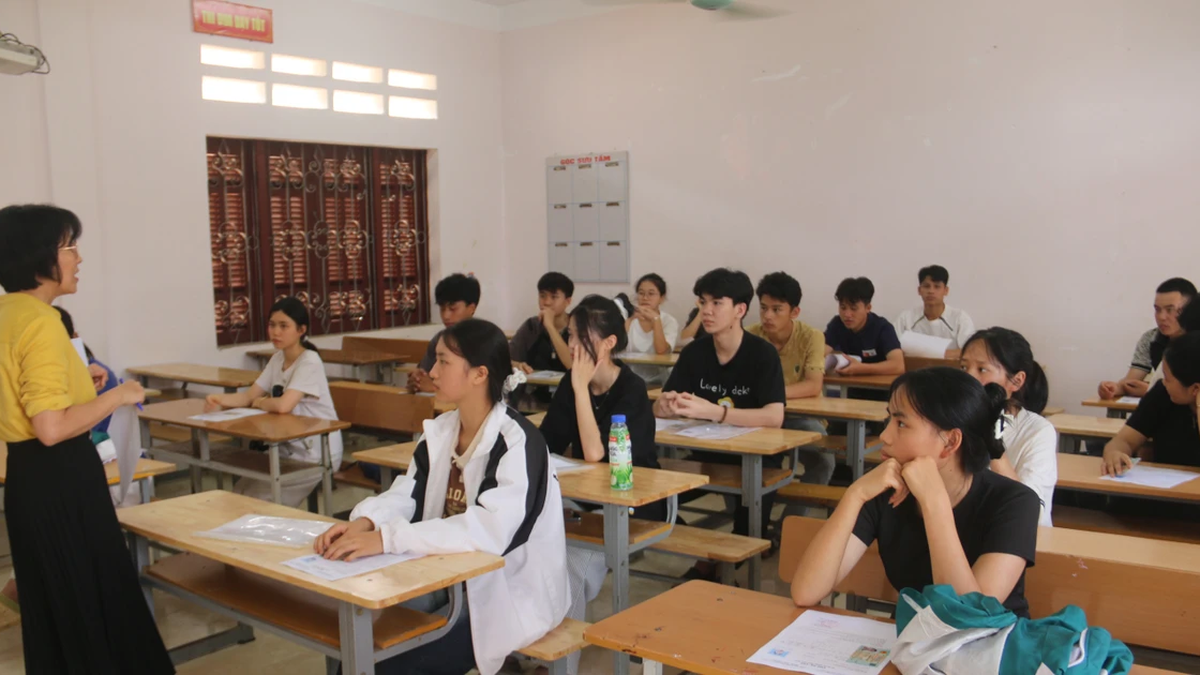


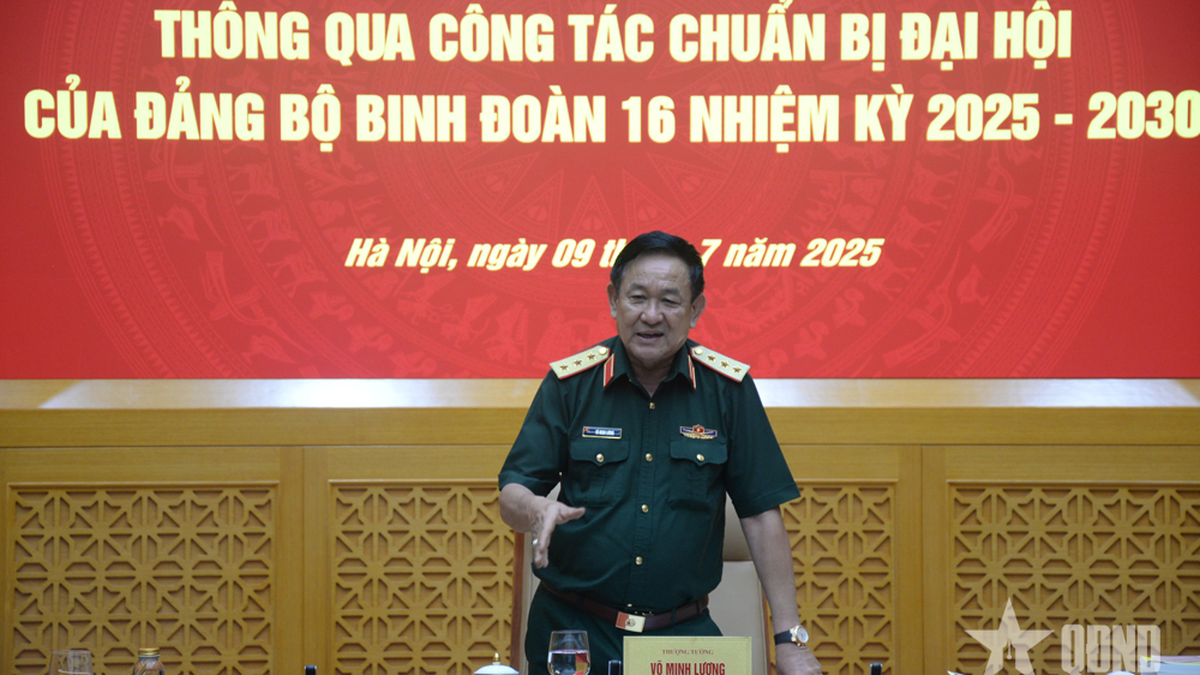

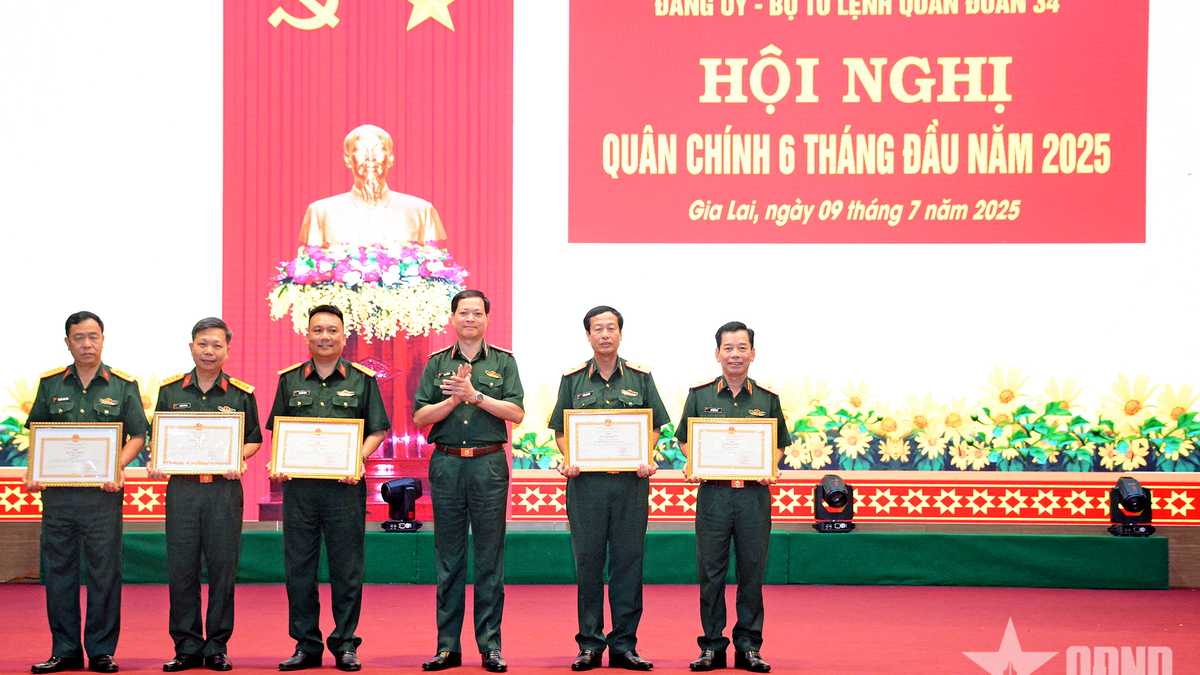









































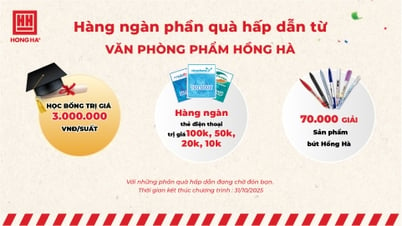



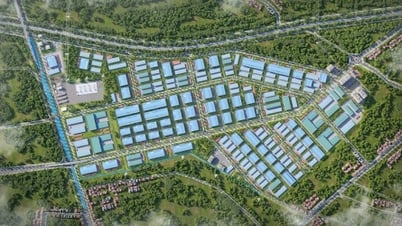







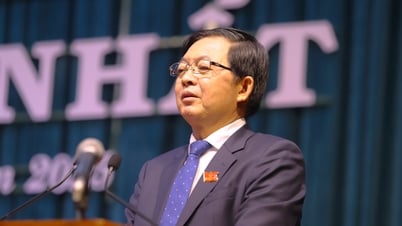









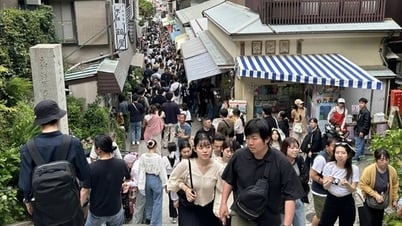












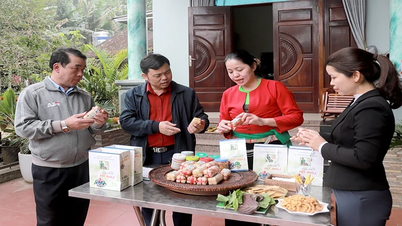










Comment (0)